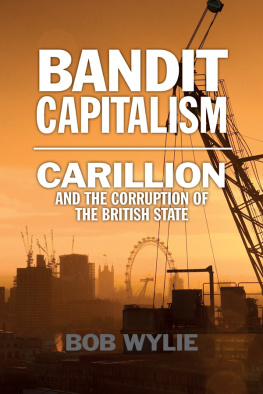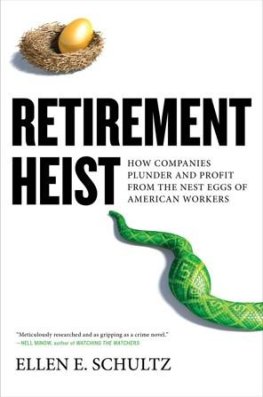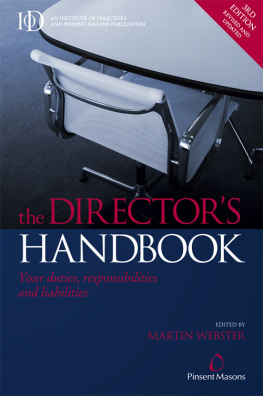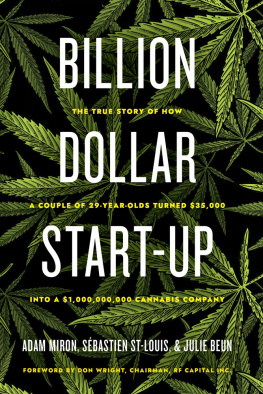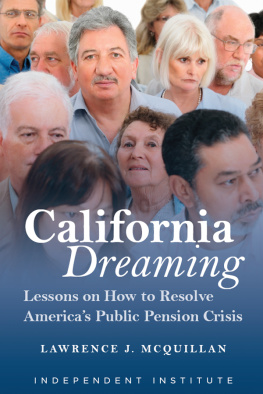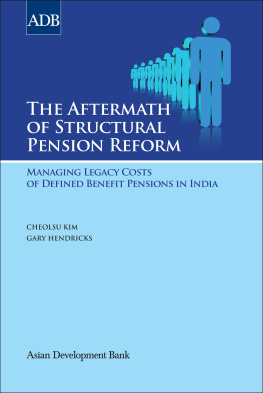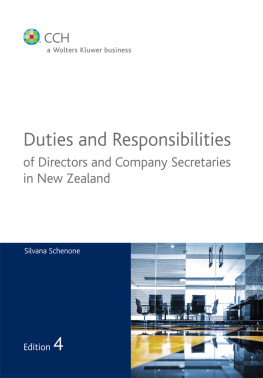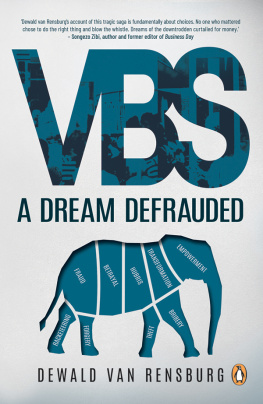Contents
Guide
Bob Wylie has a long association with the Labour movement in Scotland which started as a union rep in his first job as a social worker with Glasgow City Council. However, he is probably best known for his 14 years as a news correspondent with BBC Scotland. After the BBC he worked in media communications in local government and with one of Scotlands biggest charities. For two years until May 2017, he was the chief of staff and senior advisor to the Leader of Glasgow City Council. Thereafter he worked with Unite Scotland and is now a media consultant with GMB Scotland. In 1991 he co-wrote Downfall: the Ceausescus and the Romanian Revolution and in 2016 he ghosted the autobiography of Mohammad Sarwar MP, My Remarkable Journey.

First published in 2020 by Birlinn Ltd
West Newington House
10 Newington Road
Edinburgh
EH9 1QS
www.birlinn.co.uk
Text copyright Bob Wylie 2020
The right of Bob Wylie to be identified as the author of this work has been asserted by him in accordance with the Copyright, Design and Patents Act 1988.
All rights reserved. No part of this publication may be reproduced, stored, or transmitted in any form, or by any means, electronic, photocopying, recording or otherwise, without the express written permission of the publishers.
ISBN: 978 1 7888 5260 9
British Library Cataloguing in Publication Data
A catalogue record for this book is available from the British Library
Papers used by Birlinn are from well-managed forests and other responsible sources
Printed and bound by Clays Ltd, Elcograf S.p.A.
For Lida
and all those fighting for a better deal
Contents
Acknowledgements
Prologue
The Paul Daniels of Profit
Beware the Ides of Mercer
Something with a Bit of an Edge
Tobogganing to Disaster
The Perfect Storm
The Empire Strikes Back
Downfall
A Gigantic Racket
Money from Heaven and the Crash
The Bankers, the Crash, Those Who Paid for It and Those Who Didnt
It Wasnt about One or Two Bad Apples, It Was about the Whole Barrel
Everything Must Change
Epilogue
Notes
Appendix: Carillion Major Projects
Bibliography
Index
Acknowledgements
I need to start with an apology. That is to my family, who have all had to deal with my preoccupation, sometimes obsession and mood-swings related to the writing of this book. They have worn it well, to paraphrase a line. Everlasting thanks are due to Lida, Kathryn, Susan, David, Jennifer and Rory.
For the actual gaining of a commission from Birlinn to write the book there is an identifiable group of people to whom I am indebted. First of all, there is Gary Smith from GMB Scotland, who in a matter of days managed to get agreement from the GMB national union to sponsor the book. He also kept me going when times were tough. When the arrival of Covid-19 jeopardised the entire project, the GMBs Acting General Secretary, John Phillips, did not flinch in his support. In the same way, Rachel Reeves MP and Chris Stephens MP were enormously helpful with time and advice, which enabled me to write a proposal on Carillion from the wealth of knowledge they had gathered from the House of Commons Carillion inquiry. In like fashion, on the editorial side, Hugh Andrew, Tom Johnstone and Andrew Simmons at Birlinn were marvellous advisors.
When we get to the actual writing of the story, there are four people without whom the book would never have been delivered. They are those who formed the research and writing team Hugh Bell, Graeme Jolly, Laurie Russell and Gary Westwater. Their intellect, tirelessness and writing skills have sustained the entire project, as well as their ability, from time to time, to insist on the consumption of copious quantities of red wine. I am indebted to them, as the book quite simply would have proved too big a task for me on my own. We did it together. Make no mistake about it.
I also need to thank another group who have given valuable assurance, assistance and advice in getting the thing done. They are Ian Fraser, Andy Kerr, Philip Long, Peter McGinley and Prem Sikka. Those at the GMB union who have unstintingly given their time include Gary Smith, already mentioned, Wendy Bartlam and Justin Bowden, who deserve special mention. Jude Brimble, Lisa Johnstone, John Phillips, Barbara Plant, Peter Welsh, Rhea Wolfson and Alan Wylie also deserve my thanks. The media staff at the House of Commons Work and Pensions Committee gave invaluable advice regarding detailed information on the Joint Inquiry with the Business, Energy and Industrial Strategy (BEIS) Committee and its report on Carillion. The staff at Apple Buchanan Street, Glasgow, must also be mentioned in dispatches, as their technical advice on MacBook, including the retrieving of 3,000 lost words at one point, proved to be genuinely inspirational.
There are also a host of people who have given interviews, many of them more than one. They include the MPs Ian Blackford, Stephen McPartland, Rachel Reeves, John Spellar and Chris Stephens. Beyond the House of Commons, the time Steve and Steph Paul gave me, with all the personal pain that involved for them, is enduringly appreciated. As are the interviews and advice given by Grace Blakeley, John Guidi, Deborah Hargreaves, Rudi Klein, Gary Lemmon and Anthony Stansfeld.
There are a number of former Carillion employees who do not wish to be named but who know who they are, and who have given priceless insights and advice. Those among you who got the Italian Fiano will know how invaluable our collaboration has been for me.
I completed the book whilst for more than a year suffering from serious health issues concerning severe osteoarthritis in my hip which eventually culminated in a total hip replacement. At Hampden Sports Clinic, Louise Mitchell, Alan Scott and Evelyn Thomson were unbelievably supportive; at my GP surgery, Dr Colin Wilson and Dr Brendan Cunning looked after me for so long; and finally at the Queen Elizabeth University Hospital in Glasgow, Drummond Mansbridge, who carried out my hip replacement, Susan Robertson and all the staff there deserve my thanks. So does Tracey Naddell at ChiroCare Scotland, who, from time to time, helped to keep me fit enough to write the book.
Lastly, there is a roll-call of those who knew we would see it through. They are John Boothman, Ingrid Guidi, Brian McAlinden, Eddie McCusker and Dean Smith.
Prologue
Let me tell you about the very rich. They are different from you and me.
F. Scott Fitzgerald, The Rich Boy
According to Bloomberg, the American business TV channel, Vladimir Potanin is number 57 on their world billionaires list. His current worth is $29.3 billion. The Bloomberg Billionaires Index declares that his wealth was self-made. Not quite. In the mid-1990s the Russian economy was in free-fall, inflation was 215% annually, and the budget deficit was on an Everest scale of billions of dollars. Following the collapse of communism many ordinary Russians had been reduced to the near penury of selling off their grandmothers fur coats at flea markets a state of economic perdition which threatened the political future of Boris Yeltsin, then the Russian president. Perestroika had become Catastroika.

